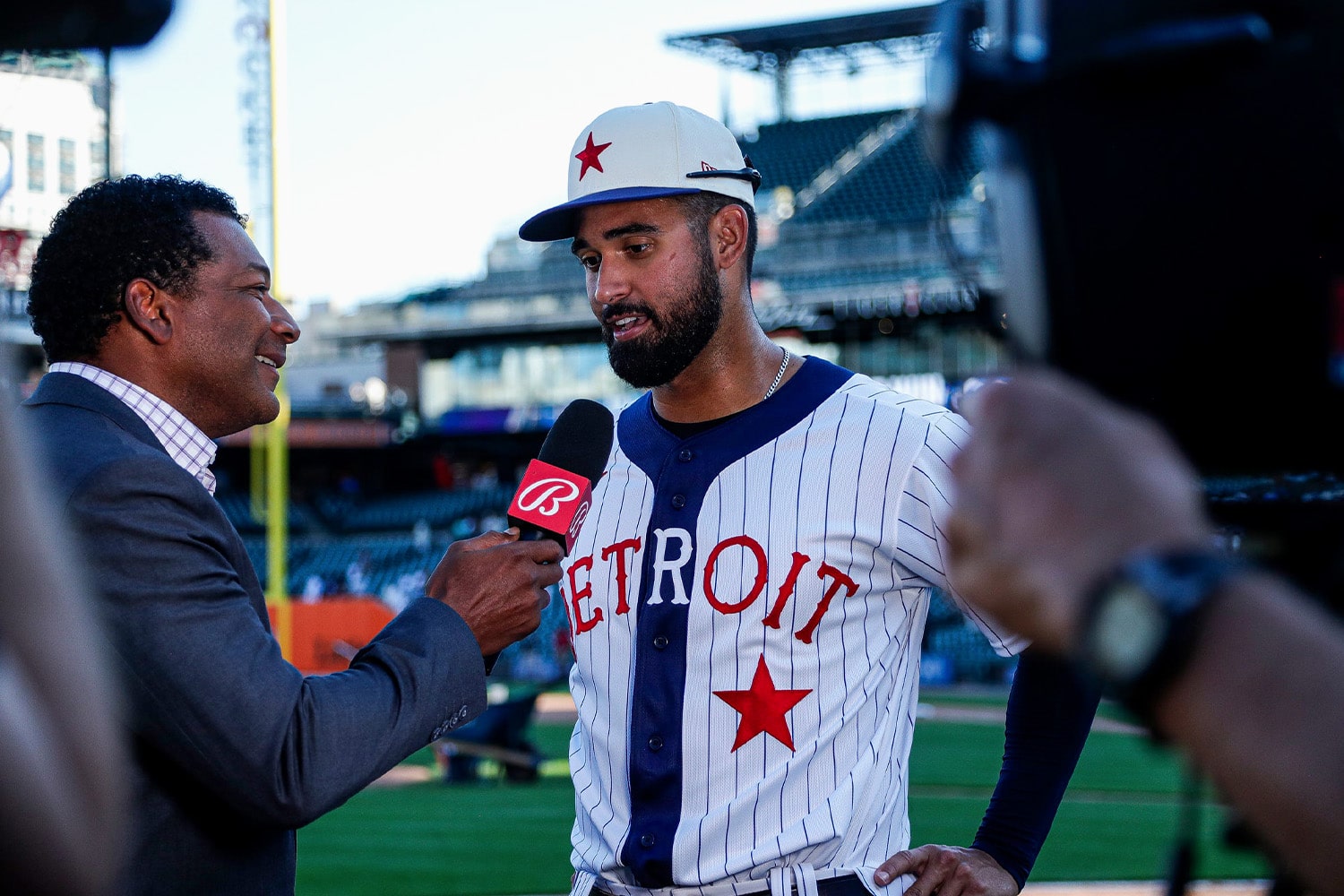Bruce
Bender and Chloe, the real Members of the Year
Original poster
Supporting Founder
Lifetime Supporter
- Nov 29, 2003
- 16,306
- 20,973
Networks will always be there, Cable for awhile, specially since they have a lot more subscribers then satellite TV, DBS is deadman walking, did not DirecTV announce no more new Satellites, what happens when the last one fails, by then anyways, they will not have any subscribers left based on the rate of those leaving now.I love it.
Lets see. The super profitable linear TV industry, including DBS, cable, and the networks,
Warner/Discovery problems are not just due to HBOMAX, box office failures, Advertising is way down, loss of per sub fee for all their cable channel are also some of the problems.are all going out of business within the decade. Meanwhile, HBO Max, like all other streamers, is bleeding money, but ignore that, it’s the FUTURE!!!!
They lose about 500,000 a quarter now, so that is, roughly, 2 million a year, then the ST subscribers are 2 Million, so hence 4 million, I was being generous in saying 3-4 million.And evil DirecTV is going to lose "3-4 million" subscribers, or more people than subscribed to ST in the first place.
For someone who claims to be so intelligent, you would believe that you would have some math skills, but I guess not.
And yet, for all your stomping on the ground about luxury TV and nothing is better, seems like a lot of news of content going to streaming lately.And if one just holds one's breath and stomps ones feet enough, they will sell ESPN at a loss to him.
Right.




